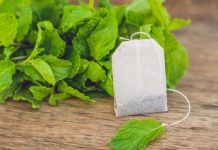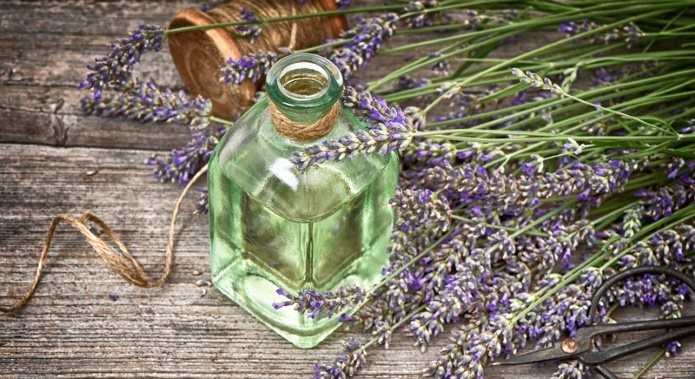
REMEMBER: These Are 10 MOST Important Health Benefits of Lavender Essential Oil! Pay SPECIAL Attention to Benefit #9! AWESOME Photos and Great Ideas Included!
Essential oils are used for more than just their naturally good-smelling aroma. These, especially lavender oil, have many beneficial health properties.
It can be used for everything from helping you fight off bacterial infections to reducing stress and even lessening your pain. What are the most potent benefits of lavender oil? Read on to discover how valuable this substance is.
Benefit #1 – Mild Pain Reliever
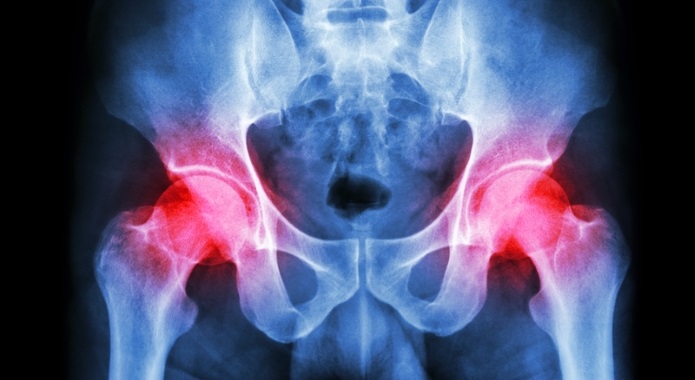
A study following 60 women that were admitted for labor in Iraq utilized the lavender oil for three healing and antiseptic properties. Using a visual scale called the Visual Analogue Scale, pain levels were evaluated 4 and 12 hours after episiotomy, and 5 days after.
The study concluded that this essential oil is effective in reducing perineal discomfort after an episiotomy. Pain relief was reduced significantly at the 4-hour mark with a difference in pain intensity scores of 0.002.
Please note: The pain was about the same at the 12-hour mark. Interestingly, the REEDA scale (redness, edema, ecchymosis, and discharge) was dramatically lower in women that used lavender oil.
Related studies:
Sheikhan, F., et al. (2012). “Episiotomy pain relief: Use of Lavender oil essence in primiparous Iranian women”, in Complementary Therapies in Clinical Practice, Vol. 18(1).
Benefit #2 – Great for Respiratory Health

A study done on mice was used to determine the allergic inflammatory response after using lavender oil. This test simulated what occurs when patients have bronchial asthma.
The findings were very positive with the key benefits being:
- Inhibition of allergic inflammation.
- Inhibition of mucous cell hyperplasia.
- Suppression of T-helper-2 cell cytokines.
Ultimately, the study suggests that lavender oil is an alternative medicine for bronchial asthma. The oil was inhaled during the study.
Related studies:
Ueno-lio, T., et al. (2014). “Lavender essential oil inhalation suppresses allergic airway inflammation and mucous cell hyperplasia in a murine model of asthma”, in Life Sciences, Vol. 108(2).
Benefit #3 – Reduces Dandruff & Hair Loss

The Department of Dermatology in Scotland investigated the effects of lavender oil on people with alopecia areata (hair loss). A double-blind study was conducted for 7 months with follow-ups at 3 and 7 months.
In total, 86 participants were included in the study and broken into two groups. A variety of essential oils were mixed (thyme, cedarwood, and rosemary) along with lavender oil and applied to the patient’s scalp.
The results were as follows:
- 44% showed improvement while just 15% in the control group showed improvement.
- The mixture of essential oils was more effective than the group using just carrier oils.
Dermatologists also noted a reduction in dandruff.
Related studies:
Hay, I. C., et al. (1998). “Randomized trial of aromatherapy. Successful treatment for alopecia areata”, in Archies of Dermatology, Vol. 134(11).
Benefit #4 – Minimizes Stress & Anxiety

Stress is something everybody deals with, but one study conducted in Turkey shows lavender oil is beneficial for people with stress and anxiety. A total of 60 patients in coronary ICU inhaled 2% lavender essential oils for 15 days following the Beck Anxiety Inventory (BAI).
Half of the participants (30 people) did not inhale lavender oil at this time. The results showed that anxiety and stress levels of those who inhaled essential oils were significantly lower. Sleep levels also improved, which may be linked to lower stress levels.
Related studies:
Karadag, E., et al. (2015). “Effects of aromatherapy on sleep quality and anxiety of patients”, in Nursing in Critical Care.
Benefit #5 – Improves Blood Pressure & Circulation
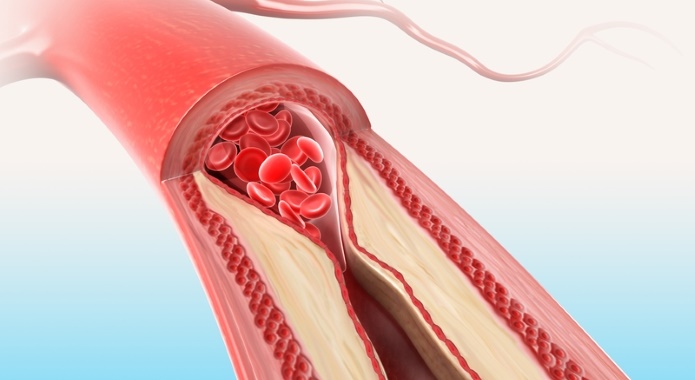
The College of Nursing in the Republic of Korea tested the inhalation of essential oils on ambulatory blood pressure (BP). The study also tracked salivary cortisol levels in all participants (83 in total).
Just 28 participants were added to the experimental group that inhaled a blend of lavender oil, marjoram, neroli and ylang-ylang for 24 hours.
Nighttime differences were not seen in BP levels, but BP measurements decreased significantly overall. Salivary cortisol levels decreased (P = .012) for the experimental group. The conclusion of the study noted an immediate and continuous effect on stress reduction, hypertension and daytime blood pressure levels.
Related studies:
Kim, I. H., et al. (2012). “Essential oil inhalation on blood pressure and salivary cortisol levels in prehypertensive and hypertensive subjects”, in Evidence-Based Complementary and Alternative Medicine.
Benefit #6 – Soothe Itchy Insect Bites

Insect bites often cause inflammation, swelling, and itchiness. Many doctors recommend using lavender oils on the skin due to their antimicrobial effects.
The lavender essential oil will soothe your skin and reduce the itchy sensation left behind due to the bite.
Benefit #7 – Fight Against Bacterial Infections Even on Your Skin
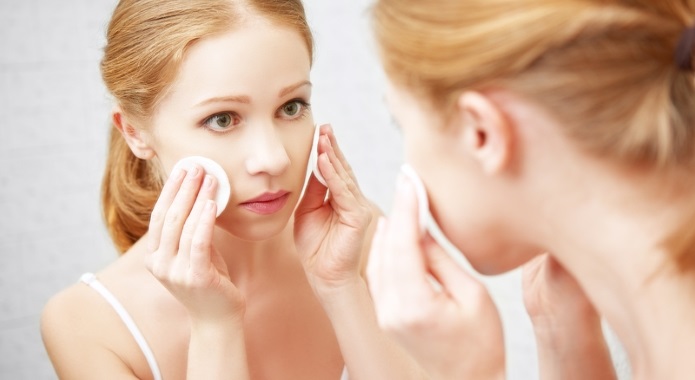
A study conducted in Lodz, Poland wanted to test the antibacterial effects of oils on four different bacterial strains: Enterococcus, Escherichia, Staphylococcus and Pseudomonas genera.
The study utilized both lavender and thyme essential oils.
Thyme oil was more potent than its lavender counterpart, but both showed less activity from clinical strains of bacteria. The results were positive amongst all strains, but the Pseudomonas aeruginosa strain had the worst results.
Related studies:
Sienkiewicz, M., et al. (2011). “Antibacterial activity of thyme and lavender essential oils”, in Medicinal Chemistry, Vol. 7(6).
Benefit #8 – Mild Diuretic
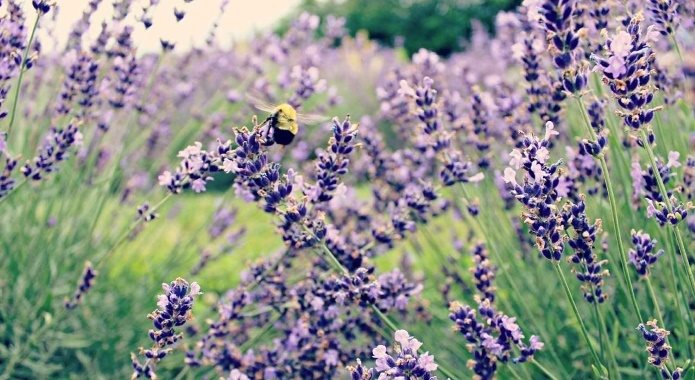
Cleansing your body requires the release of fluids. A study conducted on essential oils, in general, was done to measure the diuretic effects after a massage with different oils. An aromatherapy massage was performed on patients to test the diuretic effects.
No figures were given for the increase in urination! However, the study did note that the use of essential oils produced a diuretic effect on patients.
This can be very beneficial for certain diseases and infections as urination can also assist with the body’s natural cleansing process by eliminating excess waste from the body.
Related studies:
Kuriyama, H., et al. (2005). “Immunological and Psychological Benefits of Aromatherapy Massage”, in Evidence-Based Complementary and Alternative Medicine, Vol. 2(2).
Benefit #9 – Heals Burns, Cuts & Ulcers
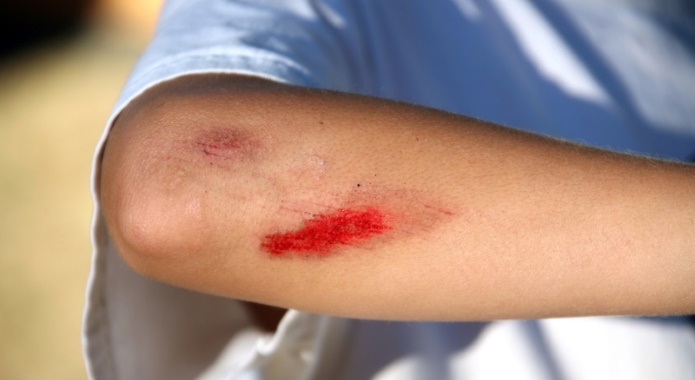
Burns, cuts and ulcers were the primary focus of a study conducted by Hawler Medical University. The study tested the clinical efficacy of the oil for the treatment of recurrent aphthous ulceration.
Animals were tested in the study with the following results:
- Significant reduction in ulcer size
- Increased rate of healing
No side effects were reported with a 40% increase in heal time during days 2 – 4, and a reduction in ulcer size and inflammation.
Related studies:
Altaei, D. T. (2012). “Topical lavender oil for the treatment of recurrent aphthous ulceration”, in American Journal of Dentristry, Vol. 25(1).
Benefit #10 – Improves Quality of Your Sleep

Essential oils are known for their calming effects. A study from Turkey tested 60 patients, 30 of which used lavender essential oils to test their sleep quality. A mixture of 2% lavender oil was inhaled for 15 days.
The group that inhaled lavender oil noted a significant increase in sleep quality, according to the Pittsburgh Sleep Quality Index. Results showed a difference of (p < 0.05) in favor of the group inhaling lavender oil.
Related studies:
Karadag, E., et al. (2015). “Effects of aromatherapy on sleep quality and anxiety of patients”, in Nursing in Critical Care.
Side-Effects & Dangers of Using Lavender Essential Oil
The culinary type of Lavender as a whole is likely safe when added in normal food amounts. Those that apply lavender essential oils to their skin or use it through inhalation are considered possibly safe according to the WebMD.
However, there are a few warnings that should be heeded before using this oil:
- Lavender can have an effect on hormonal balance and may be unsafe for young males that have not reached puberty.
- Women that are pregnant or breastfeeding will want to note that there is not enough evidence indicating safe or unsafe usage.
- Combined with sedatives and anesthesia, lavender oil may slow down the nervous system to unhealthy levels following a surgical procedure.
It’s noted that some users may experience skin irritation or rashes due to lavender oil application on the skin. This is very rare and will only occur in cases where a person has an allergic reaction to the lavender oil itself.
Pay attention: Therefore, testing any essential oil in small amounts on the skin first is recommended. For most users, lavender essential oils are very beneficial and will provide little to no side effects.
A natural plant found in the wild, lavender has been used in traditional and holistic health care for centuries with studies always being conducted on the benefits of this essential oil.




